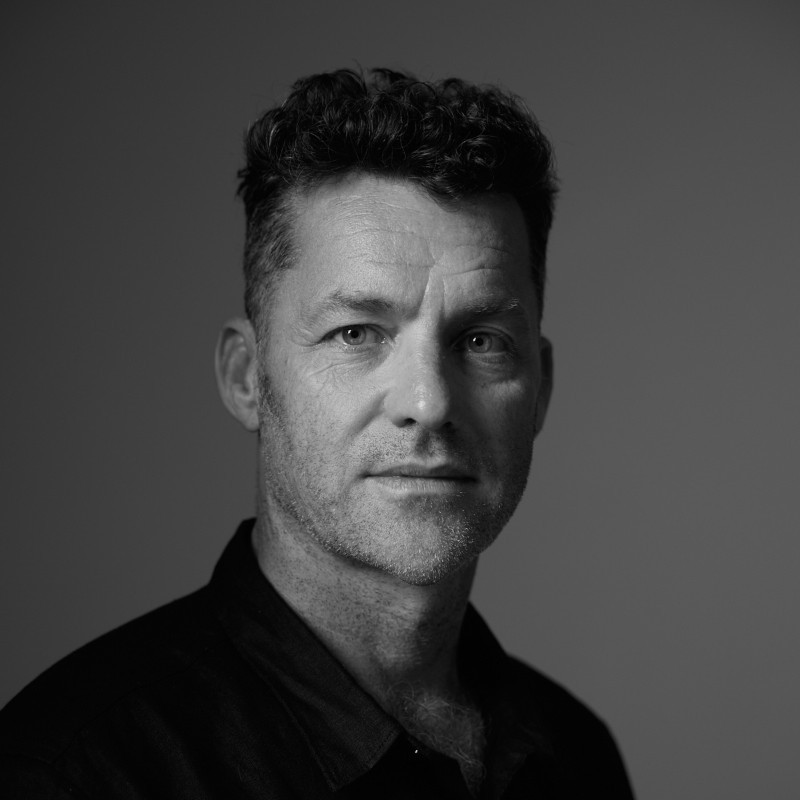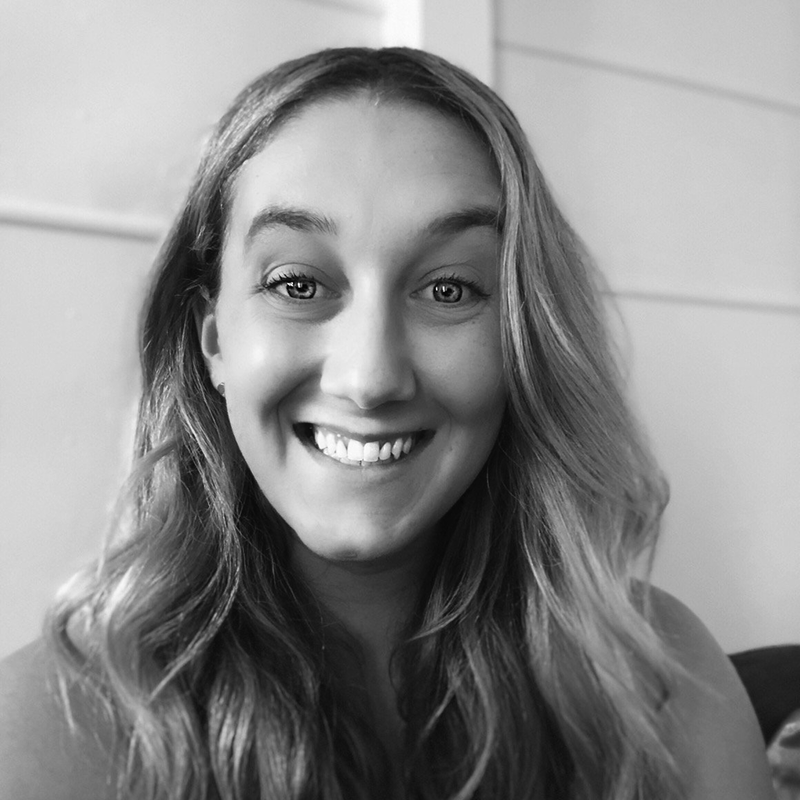
ASKING FOR A FRIEND
What to do when not having enough work is affecting my mental health?
ASKING FOR A FRIEND - QUESTION
When creative work dries up and financial stress hits hard, your mental wellbeing can take the biggest blow. This piece shares honest, practical strategies for what to do when not having enough work is affecting your mental health — from finding support and reassessing your business model to avoiding all-or-nothing thinking and using free resources. With insights from Aimee Davies (mental health expert), Simon Lee (CCO of The Hallway) and Andy Wright (Founder of Never Not Creative and CEO of Streamtime), you’ll find realistic ways to look after yourself and your future.
When the work dries up and your bank account starts looking as barren as a desert, the creative industry can feel like a moody cat — one minute it’s purring in your lap, the next it’s ignoring you completely. The question of what to do when not having enough work is affecting your mental health becomes urgent when financial stress starts gnawing at your wellbeing like a headache that won't shift.
This question was answered by Simon Lee (Chief Creative Officer and joint owner of The Hallway), Aimee Davies (mental health expert and Founder of Hey Mate), and Andy Wright (Founder of Never Not Creative, CEO of Streamtime, and Co-Chair of Mentally Healthy).
You’re not alone in this struggle
Aimee’s first reminder is powerful: you are not alone. Many creatives face periods of feast and famine, and when work is scarce it’s easy to blame yourself. But recognising that these cycles are common — especially in tough economic climates — can ease the isolation that often worsens anxiety and self-doubt. Reach out to peers, online communities, or creative networks to share experiences. Knowing others are in the same boat can reduce that feeling of personal failure.
Take care of yourself first
When you’re stressed about money, it’s tempting to push your own needs aside — but Aimee is clear: your wellbeing comes first. "If you’re not well, your business isn’t well either." Check in with your basic daily care: sleep, nutrition, movement, and social connection. Small rituals — like walking outside, setting a work cut-off time, or cooking a decent meal — can help create a sense of control and calm in a period of uncertainty.
Find connection and community
Isolation can magnify stress. Andy suggests leaning into your network, or building one if you don’t have it yet. This could mean joining a professional group, reaching out to an old colleague, or simply sharing your worries with another freelancer. Community brings fresh ideas, practical resources, and a reminder that you don’t have to navigate this alone. Peer chats can lead to referrals, collaborations, or new ways to find work you hadn’t considered.
Assess your financial reality
When cash flow dips, it’s time for an honest look at your numbers. Aimee advises: "Check your business viability. Is your pricing sustainable? Are you relying on a single client or income stream?" Talk to a financial counsellor if needed — many regions offer free or low-cost services for small businesses. It may feel scary, but clarity will help you plan. Consider a side hustle, short-term contract, or even a part-time role to create breathing space. There’s no shame in diversifying your income to protect your wellbeing.
Avoid black-and-white thinking
Andy cautions against thinking in absolutes: "It’s rarely just this or that — there’s usually a middle ground." Feeling you must either go all in or quit entirely only adds pressure. Instead, explore hybrid options: splitting your time between client work and teaching, licensing your designs, or selling templates online. Small changes can ease financial stress and spark new opportunities.
Use available resources
There are organisations designed to help creatives navigate tough times. Andy mentions Creative Plus Business, which offers free mentoring and practical tools. Aimee recommends looking into local financial counselling and small business support. These services exist because this struggle is common — using them is not a sign of failure but a smart way to get fresh perspective and build resilience.
You have more options than you think
Periods of slow work are never easy, but they don’t last forever. Simon, Andy, and Aimee all agree: your mental health is your greatest asset. Protect it by staying connected, being realistic about your finances, and remembering that your worth is not defined by your current workload. Take small steps, ask for help, and know that creative careers are marathons, not sprints — you’re not in this alone.
our guests
Industry Leader

Simon Lee
Enigma
Mental Health Expert

Aimee Davies
The Hey Mate Project
Host

